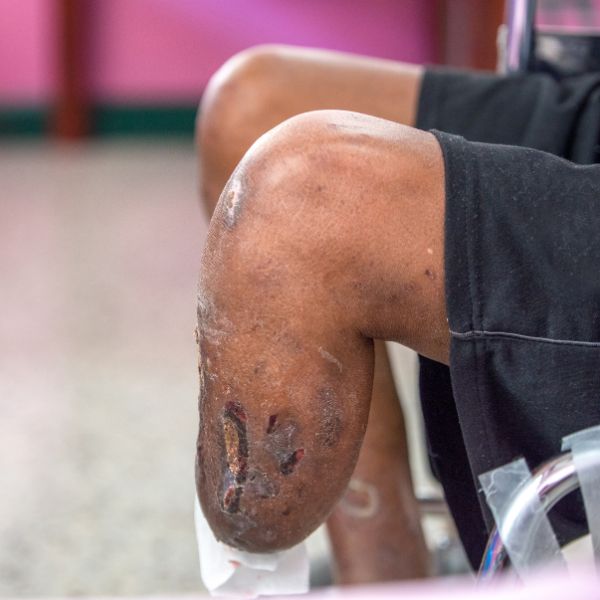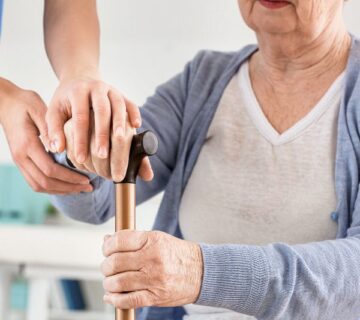After surgery, it is very important to care for your wound and maintenance of the residual limb. Any opened wound is vulnerable to infection. It is vital to prevent this from happening because an infection could lead to further complications, a second surgery, and in some cases death.
The best way to prevent an infection is by:
- Washing limb with mild soap and water, then rinse and pat dry
- Wash anything that comes into contact with your skin (socks, inner socket) with mild soap and water, then rinse and dry
- Do not use alcohol-based lotions on your skin, as they can dry out causing cracks, which can lead to infections
- Use only enough softening lotion to avoid flaky, peeling dry skin
- Maintain a good prosthetic fit; learn how to adjust your sock ply
- Eat a balanced diet and drink plenty of water
- If you have diabetes, monitor and maintain glucose levels
Wound care for amputees on Long Island will help prevent the following from occurring, but if circulation decreases; the extremity feels cool/cold, the wound area smells bad, you experience swollen glands in groin or armpits, the wound has thick, brown/gray discharge, or the skin around the wound turns black or gangrenous make sure to seek emergency attention.
Wound Care for Amputees on Long Island
The rehabilitation process after undergoing a loss of a limb can be a rigorous process. With Physical Medicine and Rehabilitation of Long Island, our knowledge of wound care for amputees on Long Island can make the process a little easier.
Not only do we provide wound care for amputees on Long Island, but we are here to help you with rehabilitation post operation. Our professionals help patients regain motor skills and relearn motioning. We want our patients to leave with the highest level of independence following the loss of a limb, whether it is returning to work, family-life, recreational sports or driving.



